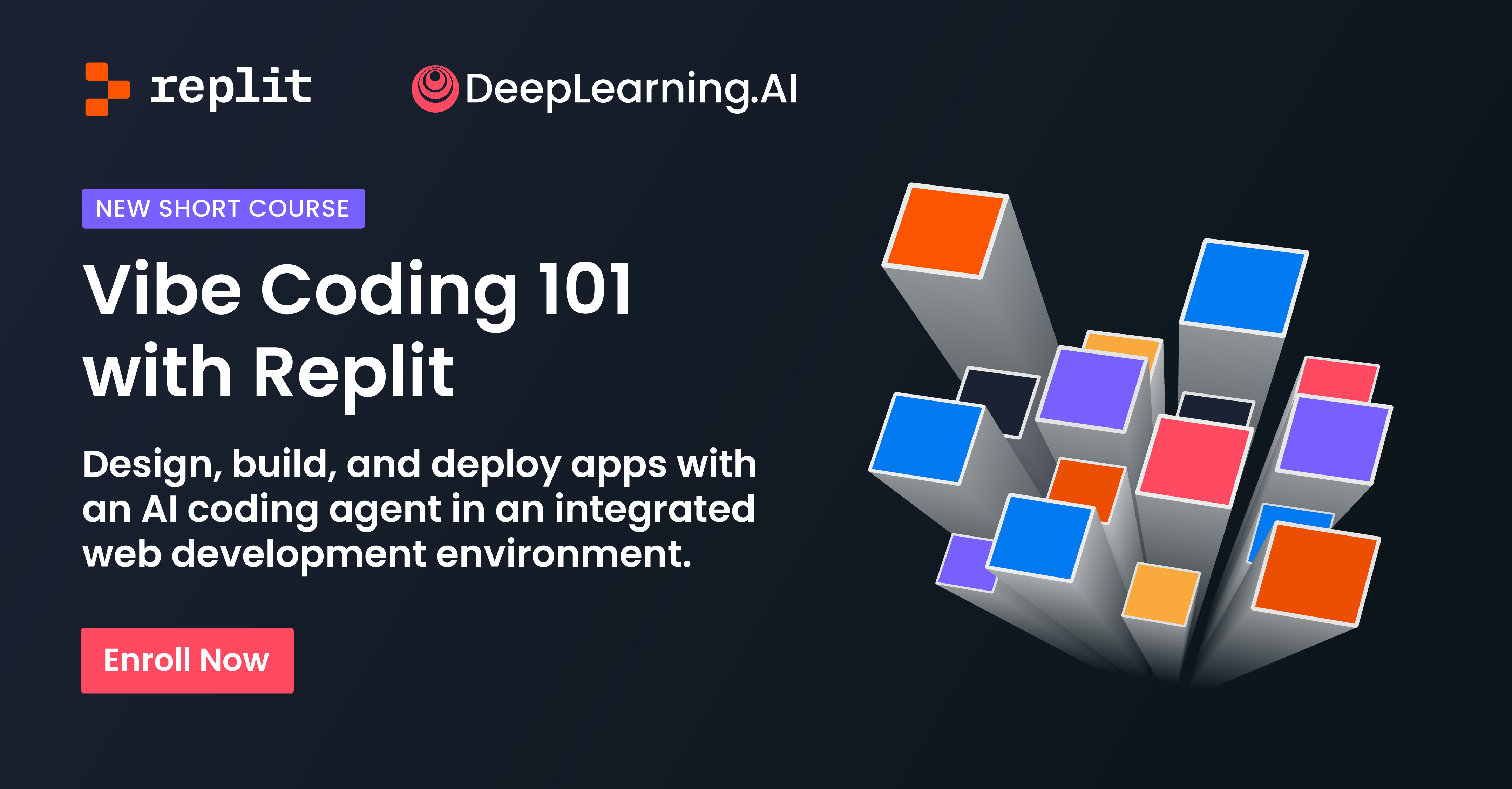What is vibe coding?
You know when Morpheus said, “Unfortunately, no one can be told what the Matrix is. You have to see it for yourself”? Same thing here.

I’m deviating from the usual programming to bring you a hot topic of sorts.
But first a little background. For a non-engineer, I have a fair bit of history trying, failing, and trying again to gain a basic grasp of programming.
It started with a FoxPro class in early grade school. I only recall that it had nothing to do with foxes. They tried again in high school, but my friends and I had were too busy cross-connecting keyboard and mouse cables as a prank to stay on the topic.
I then tried doing a Bachelors in Computer Applications. I couldn’t clear the C++ exam, but to my surprise, aced the one on conicoids, conic sections, and the area of bounded regions. My most recent attempt at learning to code is being enrolled in Harvard’s CS50 for three years, never getting beyond the Mario recreation exercise.
I’m sort of over it. Loops, conditions, operators, variables, data types, arrays, algorithms, compile, run, whatever… get it, don’t care. Coding is about muscle memory, which requires attention to train, which I have a short supply of due to how my brain works.
The power of the vibe
A few weeks ago, I landed on Lovable.dev and discovered “vibe coding”—the act of building applications with zero underlying knowledge of the code that powers it.
Here’s where the term comes from:
There's a new kind of coding I call "vibe coding", where you fully give in to the vibes, embrace exponentials, and forget that the code even exists. It's possible because the LLMs (e.g. Cursor Composer w Sonnet) are getting too good. Also I just talk to Composer with SuperWhisper
— Andrej Karpathy (@karpathy)
11:17 PM • Feb 2, 2025
Andrej is no hobbyist. He’s got a PhD in CS from Stanford, led engineering at Tesla and OpenAI, and innovated in the AI/ML/computer vision space. He bucks the trend of purists despising no-code tools and instead embraces them in his workflows.
In my own experiments with vibe coding, I got farther than anyone with my skill set should be able to. Within half an hour, I had spun up:
A secure, random password generator, including a visual indicator for strength
A webpage that ranked big tech (FANGMA+) based on their personal data practices, with a score assigned to each, and an explanation of the score
A lead gen tool that asks for basic information about your company and provides a risk assessment of how likely you are to be a target of cyber attacks
No matter what I threw at it: It just worked. The experience reminded me of the Arthur C. Clarke quote: “Any sufficiently advanced technology is indistinguishable from magic.”
Do I think these tools will replace the creativity and problem-solving capacity of a human engineer? No. At least not for a while. Just like you’re not going to willingly read a novel written by ChatGPT anytime soon.
To vibe code or not
The latticework of value creation is shifting in ways that few of us imagined. A failure of imagination is common and therefore easy to forgive.
The choice now is whether or not you see these tools for what they are (i.e., efficiency multipliers) and use them to get ahead, or—allow purists and tradition to bog you down.
It has never been easier for non-technical people to bring their ideas to life without spending four years on a computer science degree or hiring someone who did. I see that as a net positive for human creativity.
And what of business? Markets don’t care about ideologies and feelings. I think companies that take a tepid or dogmatic view of human vs. AI-assisted building will be slow to innovate and less cost-efficient, losing their edge to others over time.
These are things you run towards, not against.
That’s it for vibe coding, folks. ✌️
If you’re looking to get your hands dirty and build stuff using only vibes, check this out:
